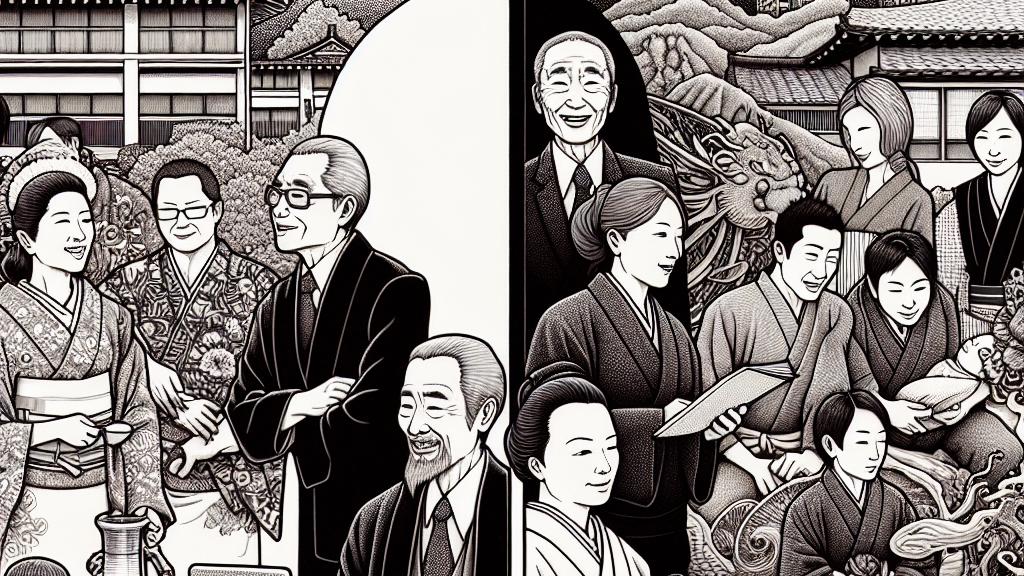Understanding Young People's Views on 1on1 Meetings
Overview
- Profound generational differences shape workplace communication.
- Many young employees find 1on1 meetings to be unproductive.
- Younger generations seek authenticity and fulfillment beyond traditional job roles.

Generational Perspectives on Work
In Japan, a stark cultural divide is evident between the older 'Showa' generation and today’s youth, particularly in how they approach workplace communication. The older generation grew up in an environment where hard work and loyalty were the ultimate currencies of success, often viewing open dialogue as vital for maintaining teamwork. However, the younger generation, raised in a fast-paced and markedly different world, frequently questions the value of such interactions. For example, many young employees recognize that while their parents thrived under strict hierarchies, they value a more flexible and innovative approach to work. Instead of pouring themselves into corporate structures, they tend to invest time in hobbies, friendships, and personal growth, which they see as integral to their identity.
The Reality of 1on1 Meetings
When it comes to 1on1 meetings, many young professionals view these sessions through a skeptical lens, often deeming them ineffective and lacking in real substance. Picture this: a young employee enters a 1on1, prepared to discuss new ideas, yet finds themselves constrained by the typical agenda and predictable questions. They may voice their thoughts tentatively, echoing what they think their managers want to hear, rather than expressing their genuine opinions or innovative suggestions. This pattern can create a sense of disillusionment. In fact, they often feel that work can proceed adequately without these emotional exchanges, which the older generation might consider essential for fostering a collaborative culture. This highlights a significant generational clash, where younger employees prioritize measurable results over sentiment.
Shifting Values and Expectations
As our work culture continues to transform, it's crucial to reassess what it means to engage younger employees meaningfully. Many in this generation are not merely seeking jobs; they are on a quest for fulfillment and purpose that transcends traditional metrics of success. For instance, a young person might feel more accomplished volunteering for a cause they care about than achieving a promotion at work. This evolving mindset challenges older managers, who must learn to adapt to these new values. To foster a more inclusive workplace, it's important to recognize and celebrate diverse forms of contribution and validation. By doing so, companies can bridge the generational gap, creating an environment where authentic dialogue thrives, leading to increased morale and productivity. Ultimately, recognizing these shifts is not just beneficial, it is essential for building a modern, dynamic workforce.

Loading...